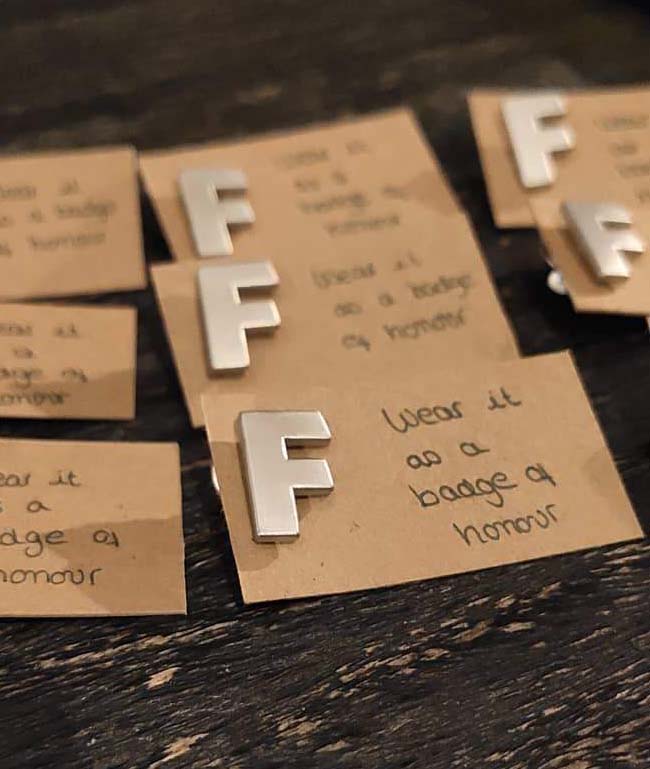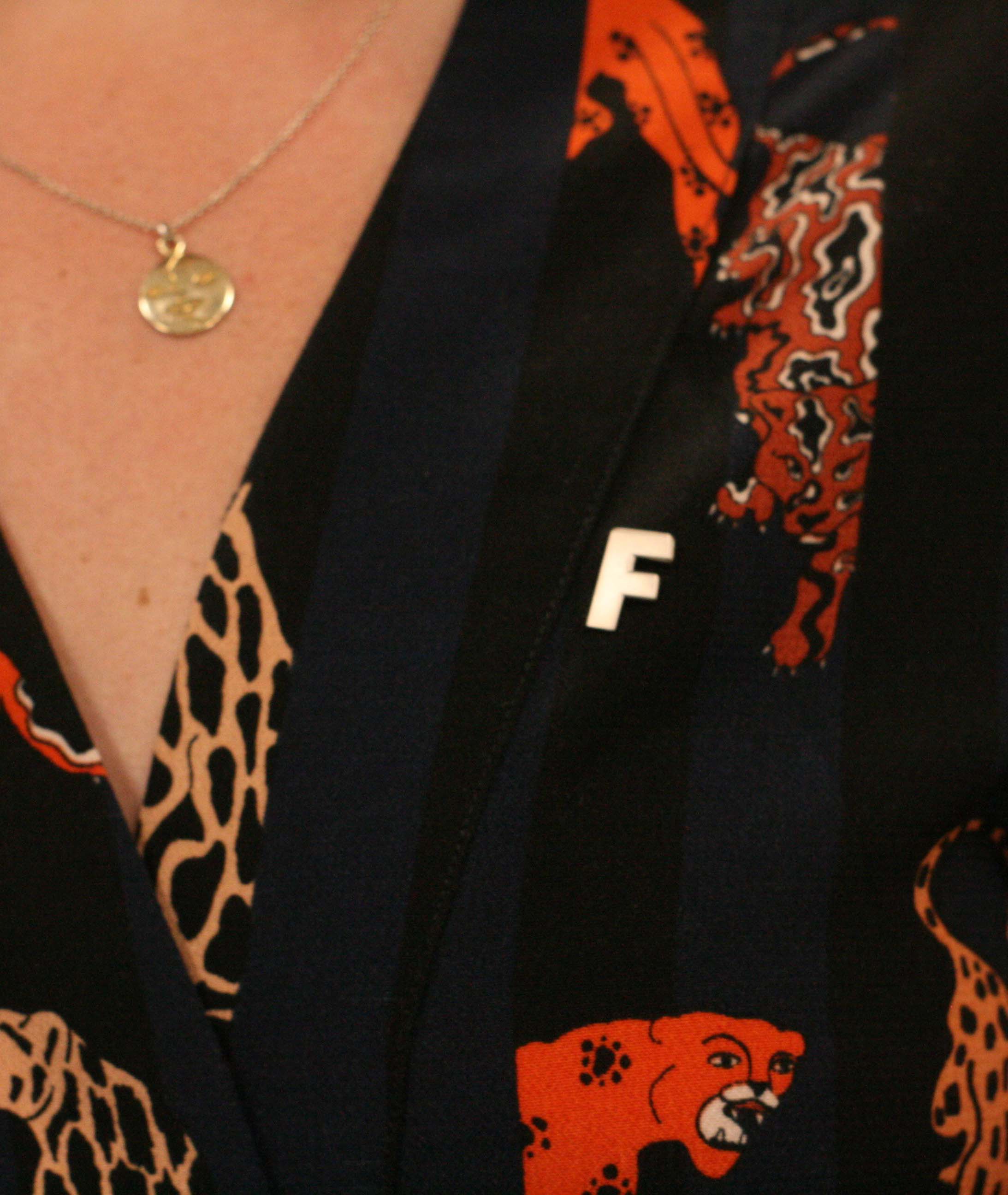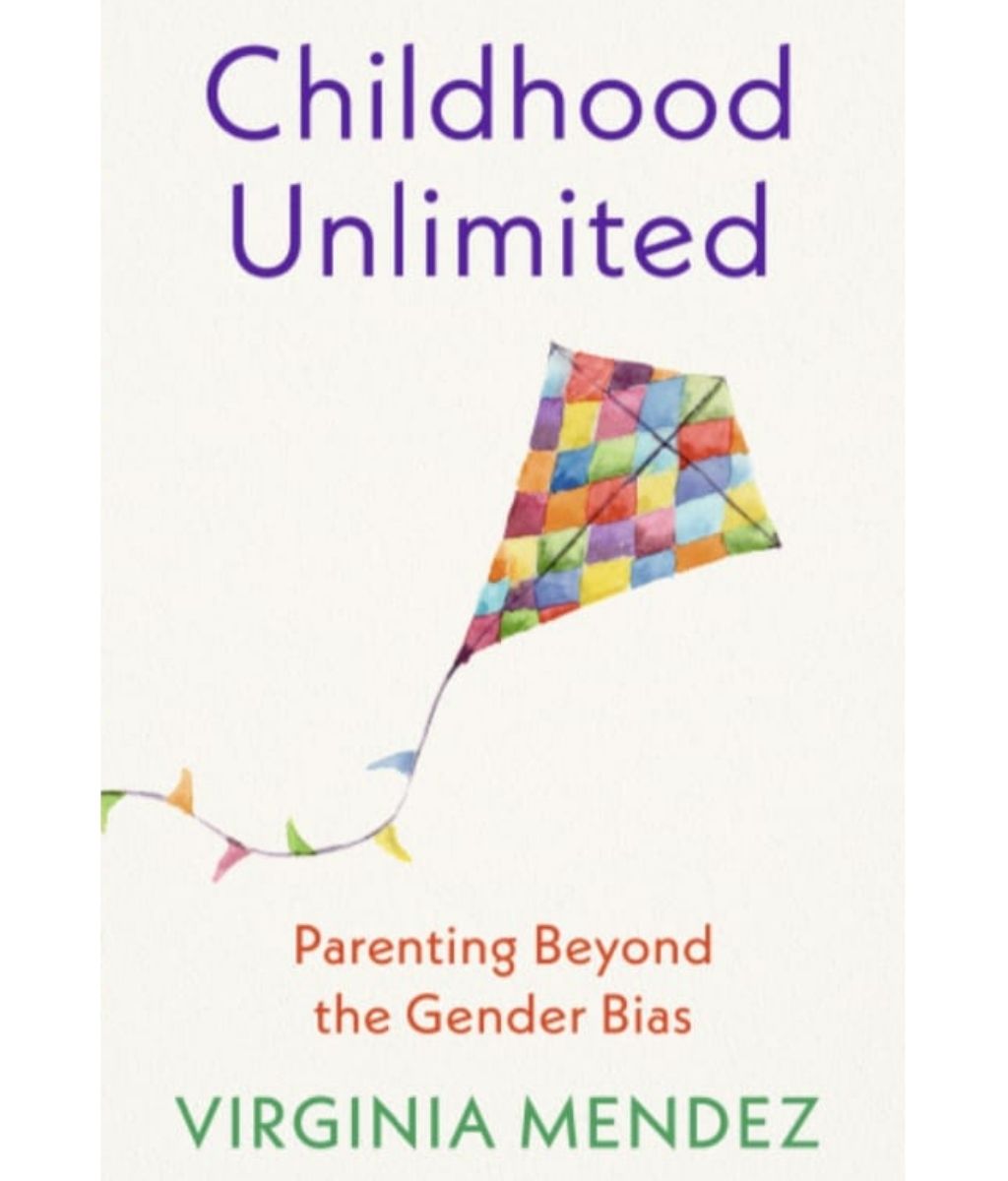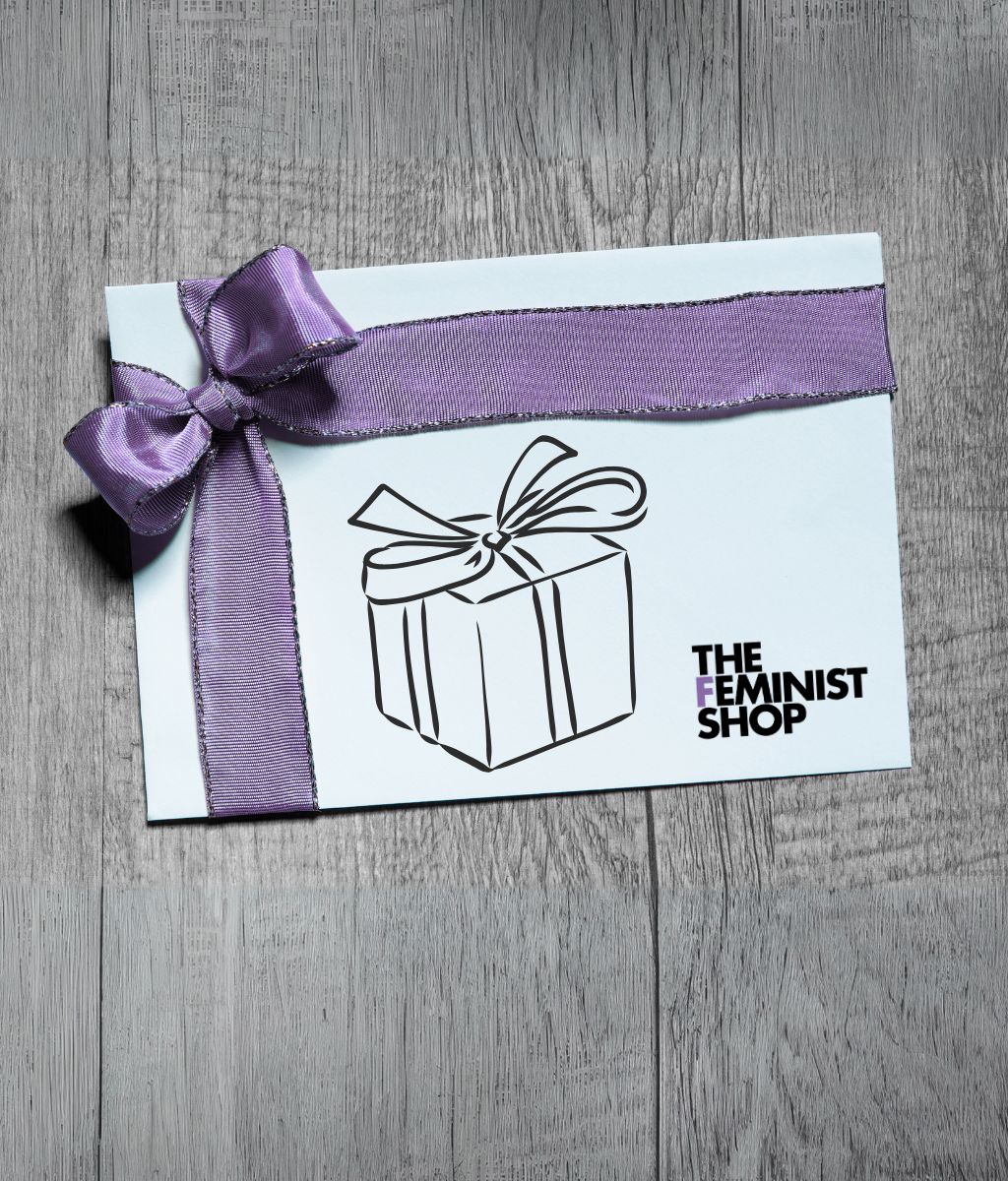This article was Originally published the 25th March 2021 on Kaye Jones' website. You can find it here
If I asked you to define “history,” what would you say?
Is history just lots and lots of facts?
Is it about human experiences or maybe events from the past?
Or is it a combination of all three?
There's an easy way to settle this, right? We'll check the dictionary. That's what sensible people do.
"History is the “study of past events, particularly in human affairs.”
Well, that’s what Oxford has to say, but what about Cambridge?
History <noun>: the study of a record of past events considered together, especially events of a particular period, country, or subject.
Right ... so that's not really cleared it up.
Etymologically speaking, the word “history” comes from the Greek word, "historia," which means “inquiry” or “knowledge acquired by investigation.”
That's just making it worse ...
Surely, if anybody knows, it's historians?
Well ... in 1961, the historian, E. H. Carr, wrote a whole book on this topic. After scrutinising lots of definitions (mainly from 19th-century thinkers who were, of course, all men), he arrived at something that defined history as a “continuous dialogue between the past and the present.”
Progress, right??
Well, sort of ...
Not everyone actually agreed with him ...
And if we can't all agree on what it is then there are serious implications for what we study, how we study it, and, more importantly, why we bother doing any of it at all.
Had you asked me a couple of years ago what history is, I probably would have said something like “a study of the past.” Certainly, a pretty vague and wishy-washy definition. But, these days, I am 100% clear on what history is and why it’s so important that we radically re-think the way that we “do” it.
My definition of history comes from Gerda Lerner, arguably the most important voice of history in the 20th century. One of the reasons why she remains so significant is because she took everything we think we know about history and took it to the next level. She argued that there are, in fact, two types of history.
First, there’s "history" – with a lower-case h.
Quite simply, this is the sum of human experience. It’s everything that has ever happened to every person who has ever lived on earth. It’s our interactions, our experiences, our ideas, our beliefs. You name it. Everything. Traditionally, most of this history is unrecorded – perhaps because there’s so much of it. However, history has survived through the oral tradition, through personal correspondence and diaries, through drawing and art.
More recently – and long after Lerner’s time – it’s the stuff you post on social media. Your WhatsApp messages. Those 5000 Gifs on your phone. (Social media is an absolute gift for historians of the future, by the way. I'm already jealous).
What I love about this type of history is that it belongs to everyone. It is accessible and no history is superior to another.
However ....
There's a second type of history. This is History with a capital H.
Because of these origins, History is problematic:
“The recorded and interpreted record of the past of the human race is only a partial record, in that it omits the past of half of humankind … It is distorted in that it tells the story from the viewpoint of the male half of humanity only.”
Most ordinary men are missing from the historical record, too. Because such a tiny privileged group "did" the actual History-making, their stories were left out.
Writing in 1986, Lerner said that to correct these problems with History, we must take the existing framework and TEAR IT DOWN.
It’s no longer enough to settle for what she called “Compensatory History:” that is, History that only records “remarkable” women or men who pulled themselves up from poverty & obscurity to great fame and fortune.
Lerner called on us to tear down this framework back in 1986 (which, rather eerily, was the year of my birth) and, sadly, it hasn’t happened *yet*. In doing so, we can radically rethink the past and set the standard for the future. But when you think about it, there's so much more here than a model for recording events and experiences. Lerner's ideas can help us to transform the way we think about people TODAY. Her work is really a roadmap to inclusion and equity.
You can see why I fangirl over Lerner, right?
Anyway, it's long been an ambition of mine to bring Lerner's forgotten works back to life. And I'm so pleased to announce a new collaboration with the fabulously talented Amy Nolan to help me do that. Amy is going to be doodling Lerner's theory of White Patriarchy so that we can understand how it came to exist in the West. I want Lerner’s work to be as accessible as possible and couldn’t think of anybody more perfect than Amy. I can’t wait to share it with you (And I thank Amy for inspiring this post, too).
While you wait, treat your ears to a listen of Jude Kelly’s Ted Talk on why women should tell the stories of humanity.
--
If you liked this article, check out our interview with Kaye Jones to find out more about her and her feminist journey.











0 comments